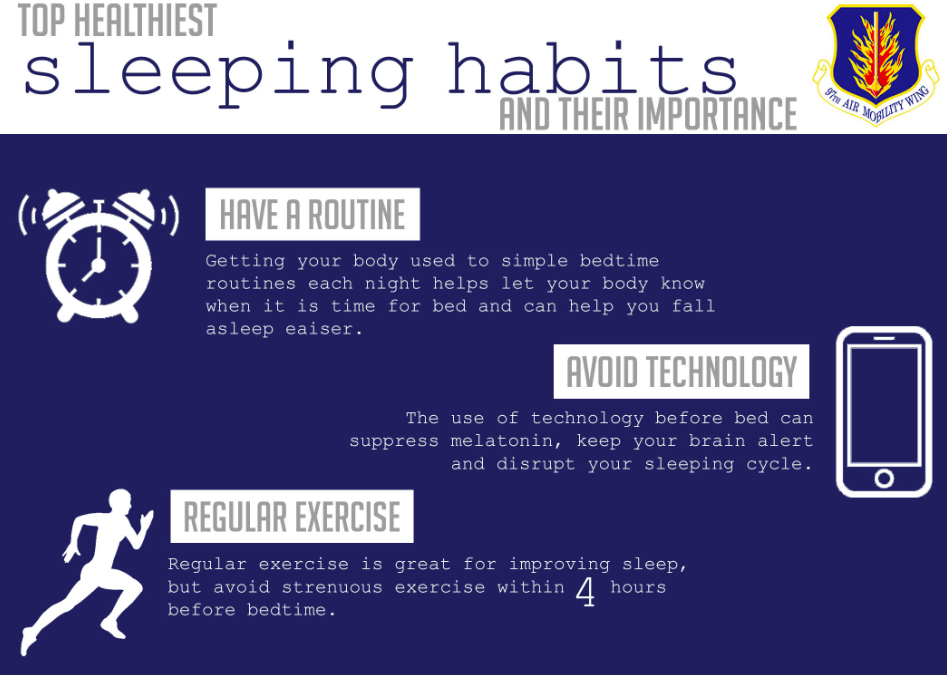Are you trying to lose weight, reduce your risk of heart disease, or improve your productivity? What if there was one thing you could do to help with all of those – would you give it a try? Well, what if I told you that you needed to get more sleep? Sounds easy enough, but why is sleep so important and why is it so hard for us to get enough?
The Importance of Sleep
Getting enough quality sleep is linked to many improved health outcomes. For your overall health, sleep is as important as eating well and exercising, yet it’s often overlooked as a factor in a healthy lifestyle. A meta-analysis of 45 studies concluded that adults and children who were “short sleepers” (<10 hours per night for children or <5 hours a night for adults) have a higher body mass index (BMI) than those who are regularly sleeping enough. This may be because reduced sleep is also associated with reduced leptin (the hormone that tells your body that you’ve eaten enough) and increased ghrelin (the hormone that induces appetite). In other words, chronic sleep deprivation can contribute to weight gain.
Additionally, studies have linked decreased sleep with increased risk for heart disease and decreased memory function. In Dr. Matt Walker’s popular TED Talk, Sleep is Your Superpower, he discusses a study where participants who slept a full 8 hours did 40% better on a cognitive task than those who were sleep deprived – that could be the difference between acing an exam or assignment or totally flunking it! Without adequate sleep, your heart and your brain cannot function optimally, so why do we so often skip out on sleep?
Why is Getting Enough Sleep So Hard?
Poor habits and modern technology contribute to many of us not getting enough sleep. One of the most fundamental habits that can improve your sleep quality is to go to bed and wake up at the same time every day – even on the weekends. While sleeping in on the weekends feels amazing at the time, developing a habit of going to bed and waking up at the same time every day helps your body in the long term fall asleep faster and stay asleep. Additionally, exposure to natural light early in the day and avoiding blue light from devices like your phone and computer later in the day also help your body maintain its natural wake-sleep cycle. Lastly, exercising regularly, but no closer than four hours before bedtime, is also helpful for getting quality sleep.
While sleeping can feel like a luxury, it’s not – sleep is absolutely essential to a healthy lifestyle. So the next time you’re feeling guilty about leaving so many things undone on your to-do list list, remind yourself how productive you’ll be by just getting a good night’s sleep.
Peer Edited by Eliza Thulson
